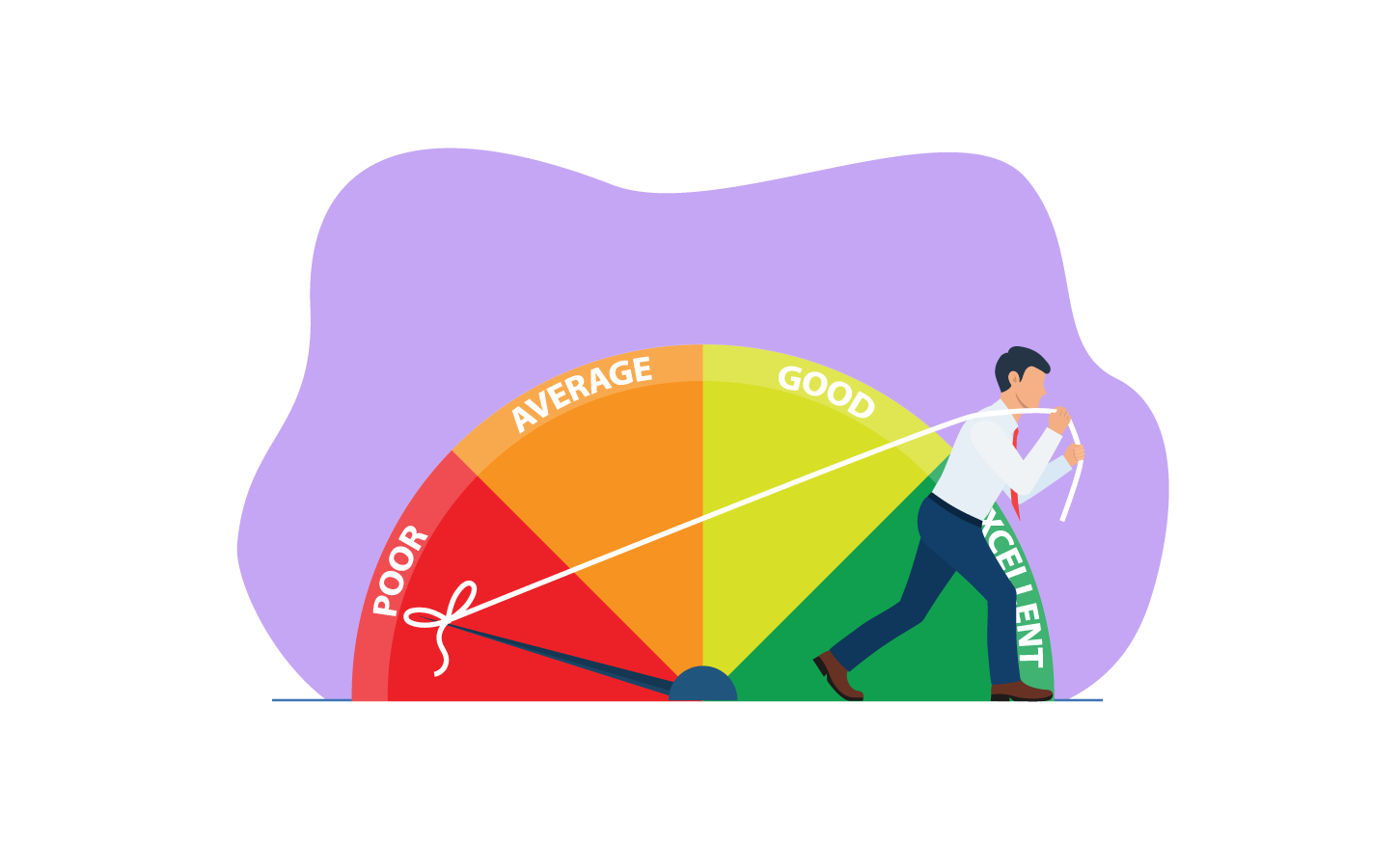A common financial mistake is to try and live paycheque to paycheque. If you find that you’re always broke before your next payday, you’re not using your salary well; and while you can live this way for a while, a single emergency could derail your lifestyle and cause years of financial damage. Here’s how you should be using your salary responsibly:
The four key elements of using your salary responsibly:
- Maintaining a savings fund
- Long term wealth accumulation, for retirement
- Keep your expenses low
- Using zero-based budgeting
1. Maintaining a savings fund
You should save 20 to 30 per cent of your monthly income, until you manage to accumulate around six months of your expenses.
When you have a savings fund, you’re prepared for situations such as sudden retrenchment, drop in income, lawsuits, inability to work for medical reasons, and so forth.
A savings fund ensures that you won’t fall back on your various obligations, such as outstanding loans, your mortgage, your insurance premiums, etc. This will prevent situations like losing your house to the bank, or ending up uninsured.
Another advantage of a savings fund is that it reduces the need for loans. While there are many loans available for urgent needs in Singapore, having a savings fund means you may not need one. And even if your savings can’t cover the full cost of your emergency, it at least ensures you need to borrow less – this means paying less interest overall.
(Note: start investing your money instead, once your savings reaches six months of your expenses. Don’t put all your wealth into savings, as you will indirectly lose money due from inflation. The interest rate on bank accounts is usually below one per cent, whereas Singapore’s inflation rate is around three per cent).
2. Long term wealth accumulation, for retirement
You should have a long-term plan for your retirement, that you contribute part of your salary toward (around 20 to 30 per cent). As Singapore is a financial hub, you are never short on options here – common examples include index funds, endowment policies, unit trust funds, or even simply your CPF.
In general, you need to invest in something that can beat Singapore’s inflation rate of three per cent per annum. This is not difficult; many endowment policies can grow your wealth at least four per cent, and like the ST Index fund has 10-year annualised returns of more than eight per cent.
Speak to a financial adviser or wealth manager, on the type of investments that suits you. But regardless of what you choose, you must ensure you’re investing for your twilight years.
It is 100 per cent guaranteed that at some point in life, you will no longer be able to work. As your salary won’t not last forever, you must have a retirement fund.
3. Keep your expenses low
Your salary determines how much you should borrow or spend. As a rule of thumb, your total monthly repayments – plus expenses for food, utilities, and other needs – should not be allowed to exceed 40 per cent of your monthly income.
If you’re earning $5,000 a month, for example, you should be spending no more than $2,000 on various expenses (the lower the better).
Before you take on a loan or a recurring expense – such as a new data plan – make sure it would not exceed this 40 per cent mark.
4. Use zero-based budgeting
When planning how to use your salary, you should base the budget on how much you have this month. Avoid basing your expenses on how much you think you’ll earn next month – even if you have a regular pay cheque.
This means your budget shouldn’t include an expected bonus next month, or any sums that you expect people to repay to you.
When you budget using the amount you actually have, you avoid nasty surprises such as pay cuts, or people failing to pay you on time. This is especially important if you’re self-employed, or on a variable income (e.g. you work purely on commissions).
Lastly, remember to pay yourself first, when you receive your salary
Don’t try to save or invest with what’s left of your salary, after you spend. The odds are that you’ll spend to the bottom cent, leaving with you nothing left.
It’s better to always pay yourself first. The moment your salary is in, immediately credit the appropriate amount to your savings or investments. You can then spend what’s left, without too much worry.
If you find it difficult to do this, try to automate the process. For example, you can have your bank deduct your savings and put it in a separate account by GIRO, instead of moving the money around yourself.
The more you automate your savings and investing, the more likely you are to meet your budget goals, and use your salary responsibly.


















